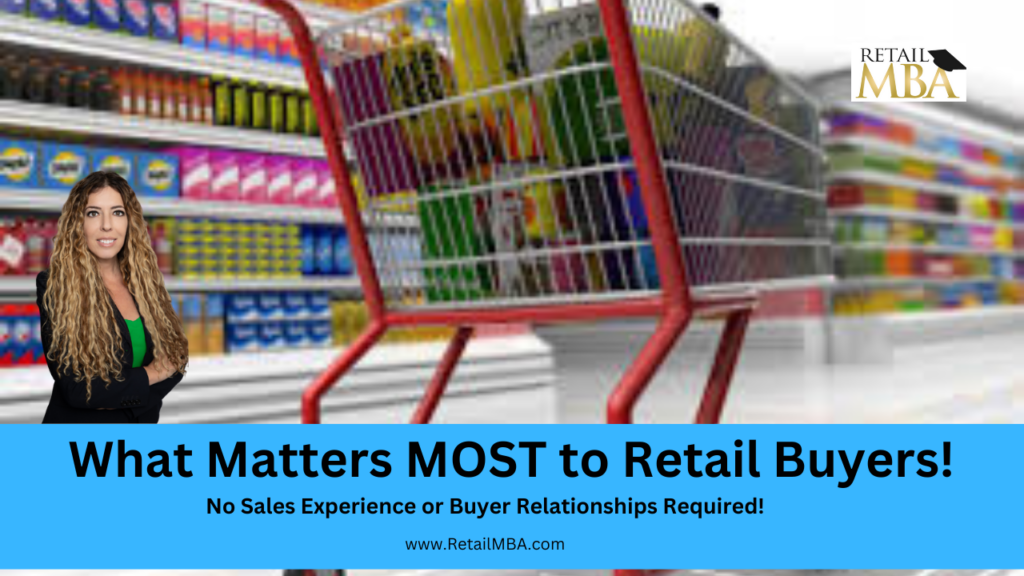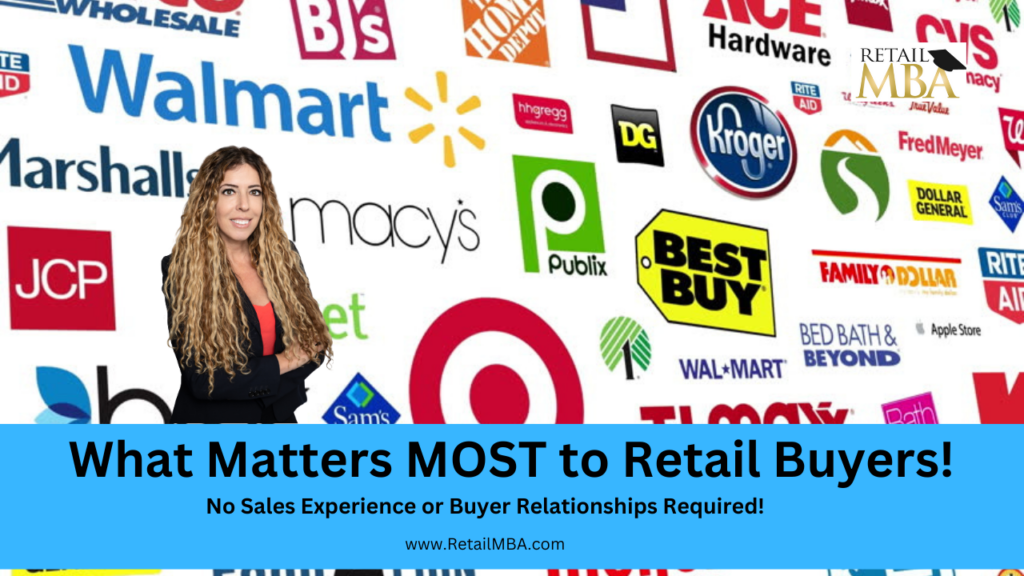How To Sell Wholesale Products To Retailers

Imagine a bustling marketplace, stalls overflowing with vibrant goods, eager retailers buzzing around seeking the next best-seller. You're there, ready to showcase your carefully crafted products, the culmination of your passion and hard work. But how do you navigate this labyrinth and successfully connect with the retailers who will bring your creations to a wider audience? The answer lies in understanding the art of wholesale, a strategic approach that transforms your products from hidden gems to retail mainstays.
Selling wholesale to retailers is a powerful strategy for scaling your business, increasing brand visibility, and achieving sustainable growth. This article provides a comprehensive guide on how to effectively approach retailers, build strong relationships, and secure profitable wholesale partnerships.
Understanding the Wholesale Landscape
Before diving in, it's essential to grasp the fundamentals of wholesale. Unlike direct-to-consumer sales, wholesale involves selling your products in bulk to retailers at a discounted price. The retailer then marks up the price and sells the products to their customers, generating a profit for both parties.
Wholesale pricing must be carefully calculated to ensure profitability for both you and the retailer. This typically involves considering your cost of goods sold (COGS), desired profit margin, and the standard retail markup in your industry. Remember that the retailer needs to make a profit too.
Consider what the National Federation of Independent Business has to say about pricing products.
"A general rule is to price your products so that they cover all costs, including materials, labor, and overhead, and leave you with a reasonable profit. Your gross profit margin is the difference between revenue and the cost of goods sold (COGS)."
Benefits of Wholesale
Wholesale offers several advantages for businesses seeking expansion. Firstly, it allows you to reach a broader customer base through existing retail networks. This means less investment in your own marketing and distribution.
Secondly, wholesale orders are typically larger, resulting in increased revenue and economies of scale. This helps streamline production processes and reduce per-unit costs. In fact, many companies find the boost in volume lets them invest in better tools and materials, further improving the product.
Finally, successful wholesale partnerships can enhance your brand reputation and credibility. Being stocked in reputable stores lends legitimacy to your brand and attracts new customers.
Preparing Your Products for Wholesale
Presenting your products professionally is crucial for attracting retailers. This starts with high-quality packaging that reflects your brand identity and protects your products during shipping.
Also, it's important to ensure that your products meet all relevant safety standards and regulations. Retailers prioritize products that are compliant and safe for consumers. Think about clearly labeling each item so it is easy for retailers to inventory and sell.
Developing a comprehensive wholesale catalog or line sheet is essential. This document should include detailed product descriptions, high-resolution images, wholesale pricing, minimum order quantities (MOQs), and payment terms.
Identifying Your Target Retailers
Not all retailers are created equal. It's important to identify retailers whose target audience aligns with your ideal customer profile. Consider factors such as store location, target demographic, product selection, and brand values.
Researching potential retailers thoroughly is critical. Visit their stores, browse their websites, and analyze their social media presence to gain insights into their brand and customer base. Are they the right fit for your product?
Industry trade shows and online directories can be valuable resources for finding potential wholesale partners. These platforms provide opportunities to showcase your products and connect with retailers actively seeking new merchandise.
Reaching Out and Building Relationships
Crafting a compelling pitch is essential for capturing retailers' attention. Your pitch should clearly articulate the unique value proposition of your products and how they can benefit the retailer's business.
Personalize your outreach efforts by tailoring your message to each retailer's specific needs and interests. Demonstrate that you've done your research and understand their business. Consider that a general, templated email will likely be ignored.
Building strong relationships with retailers is key to long-term success. Be responsive to their inquiries, provide excellent customer service, and be willing to accommodate their needs. A true partnership benefits both sides.
Consider attending industry events to network with retailers in person. Face-to-face interactions can help build trust and rapport. Bring samples of your best selling or newer products.
Negotiating Terms and Conditions
Clearly define your wholesale terms and conditions, including payment terms, shipping policies, return policies, and exclusivity agreements (if applicable). Transparency and clarity are crucial for avoiding misunderstandings.
Be prepared to negotiate terms that are mutually beneficial. While you need to protect your profit margins, be willing to compromise to secure a valuable partnership. The first order may not be the biggest but may be the start of a long relationship.
Formalize your agreements with a written contract that outlines all terms and conditions. This provides legal protection for both parties. Consult with a legal professional to ensure your contract is comprehensive and enforceable.
Providing Excellent Customer Service
Prompt and efficient communication is essential for maintaining strong relationships with retailers. Respond to inquiries quickly, address concerns promptly, and keep retailers informed about order updates and new product launches.
Offer excellent customer service by providing product training and support to retailers and their staff. Equip them with the knowledge and resources they need to effectively sell your products.
Seek feedback from retailers on a regular basis. Use their insights to improve your products, services, and processes. Continuous improvement is vital for long-term success. A retailer's customer base can give you key insights.
Marketing and Promotion Support
Provide retailers with marketing materials to help them promote your products, such as product images, descriptions, and social media content. Make it easy for them to market your brand.
Consider offering co-op advertising opportunities to help retailers offset the cost of promoting your products. This demonstrates your commitment to their success. Offering discounts for promoting your product on their social media can also be beneficial.
Collaborate with retailers on joint marketing campaigns to reach a wider audience and drive sales. These partnerships can be mutually beneficial and generate significant results. A well placed product and shout out to your company can generate a buzz.
Managing Inventory and Logistics
Implement effective inventory management systems to ensure you can fulfill orders promptly and efficiently. Avoid stockouts and delays that can damage your reputation. Being organized will make retailers more confident.
Establish reliable shipping and logistics processes to ensure products are delivered safely and on time. Consider offering drop-shipping options to make it easier for retailers to manage their inventory. Delayed shipments can be a disaster.
Provide retailers with tracking information so they can monitor the status of their orders. Transparency builds trust and enhances customer satisfaction. Also, be sure to include information about who to contact if there is a problem.
Maintaining Long-Term Partnerships
Regular communication is key to maintaining strong relationships with retailers. Stay in touch with them to provide updates on new products, promotions, and industry trends. Don't let your retailers forget about you.
Show appreciation for your retailers by offering exclusive discounts, early access to new products, and personalized support. These gestures can strengthen your partnerships and foster loyalty.
Continuously seek ways to improve your products and services based on retailer feedback and market trends. Adaptability is crucial for staying competitive and maintaining long-term success. Market trends will change as will consumer preferences.
Final Thoughts
Selling wholesale products to retailers is a rewarding journey that requires careful planning, strategic execution, and a commitment to building strong relationships. By understanding the wholesale landscape, preparing your products effectively, and providing excellent customer service, you can unlock new avenues for growth and achieve lasting success in the retail market.
As wholesale continues to evolve, remember that adaptability, innovation, and a genuine commitment to your retail partners are the keys to thriving in this dynamic and exciting world. Embrace the challenges, celebrate the successes, and continue to refine your approach. The marketplace awaits, ready to embrace your unique creations and the value they bring to consumers everywhere.


















